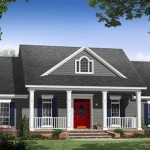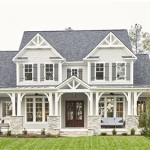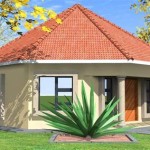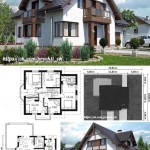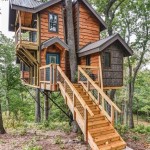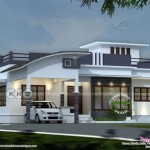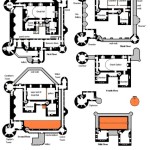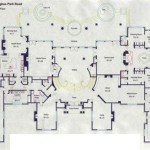Pavilion House Plans: Essential Aspects to Consider
Pavilion house plans offer a unique blend of indoor and outdoor living spaces that create a seamless connection to nature. If you're considering building a pavilion house, it's crucial to understand the essential aspects that will shape its design and functionality.
Open and Spacious Design
Pavilion houses are characterized by their open and spacious interiors. Large windows and sliding doors flood the living areas with natural light while blurring the boundaries between indoor and outdoor spaces. The open floor plan allows for easy flow of traffic and promotes a sense of interconnectedness throughout the home.
Integration with Nature
The primary purpose of a pavilion house is to bring the outdoors in. Decks, patios, and terraces extend the living space into the surrounding environment. The house is typically situated on a lot that offers scenic views, taking full advantage of the natural beauty. By embracing the surrounding nature, pavilion houses create a serene and tranquil living atmosphere.
Emphasis on Outdoor Living
Outdoor living is a key feature of pavilion houses. The outdoor spaces are designed to accommodate various activities, such as dining, lounging, and entertaining. Built-in features like fireplaces, barbeques, and water elements enhance the outdoor experience and make it a natural extension of the indoor living areas.
Rooflines and Architectural Details
Pavilion house plans often feature striking rooflines that add visual interest and architectural character. The rooflines may be sloped, gabled, or flat, creating a distinct silhouette. Other architectural details, such as columns, beams, and trellises, enhance the aesthetic appeal and provide a sense of structure and definition.
Sustainability
In keeping with the emphasis on nature, many pavilion house plans prioritize sustainability. The use of eco-friendly materials, energy-efficient appliances, and passive solar design helps reduce the home's environmental impact. By incorporating green building practices, pavilion houses can contribute to a healthier and more sustainable lifestyle.
Site Selection
The location of your pavilion house is of paramount importance. The lot should offer ample space to accommodate the house and its outdoor amenities. Consider the orientation of the house to maximize natural light and views. The topography should allow for proper drainage and foundation stability. A well-chosen site will enhance the overall livability and aesthetic appeal of your pavilion house.
Customization
Pavilion house plans can be customized to reflect your specific needs and preferences. The number of bedrooms, bathrooms, and living spaces can be adjusted to suit your family size and lifestyle. The materials used, both interior and exterior, can be chosen to complement the surrounding environment and create a unique aesthetic. By working with an experienced architect, you can personalize your pavilion house to fit your vision and create a truly exceptional living space.

Pavilion Plan 3 House Plans For Spacious Private Living Luxury

Pavilion Design Home Plans Dream House Floor

Pavilion Plan 2 House Plans For Spacious Private Living

Pavillion Home Design Ideas Stonewood Homes

Pavilion Ground Floor Plan New Traditional Building C

Pavillion Home Design Ideas Stonewood Homes

Pavilion House Alex Urena Design Studio Archdaily

Pavilion Home Design House Plan By Bellriver Homes

House Of Pavilions Architecture Paradigm Pavilion Plans Floor

House Plans

